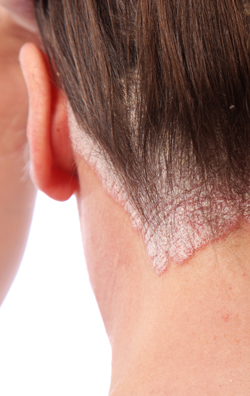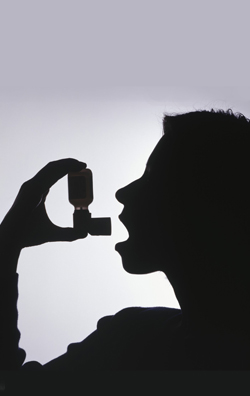
Pregnancy is a happy event in the life of a woman. A normal pregnancy lasts for about 9 months or 270 days. During this period the baby grows from the size of a pinhead to a weight of 3 kg. The foetus is nourished directly by the mother through a spongy structure called the 'Placenta'. As the baby depends totally upon the mother for nourishment, it is vital to provide a pregnant woman with a well-balanced diet.
Growth of the baby:
Pregnancy is a period of great anabolic activity for the baby in the womb grows at a very fast rate. The pre-natal developments take place in 3 different stages, namely fertilized egg, Embryo and the Foetal period.
The demands for building materials for the formation of new tissues are increased during the second and third trimester of pregnancy. Growth is most rapid in the last three months and the need for most nutrients is incresed at this time.
Energy: energy requirement is increased because there is a marked increase in the Basal Matabolic Rate (BMR) in pregnancy.
Protiens: Additional protien is required for foetal growth and for the formation of maternal tissues during the entire period of pregnancy. This protein has to be synthesised by the mother from the food proteins in her diet.
Minerals: The need for minerals especially that of calcium, iron and iodine is increased in pregnancy.
Calcium: About 30 gm of calcium is deposited in the foetus during pregnancy. The dietary sources
of calcium include milk, curd, cheese, ragi, leafy vegetables gingelly seeds and dried fish.
Iron: About 540 mg. of iron is found in the foetus and maternal tissues. Transfer of iron from the mother to the baby occurs during the last 100 days of pregnancy.
Iodine: Iodine deficiency during foetal stage may lead to mental retardation. The use iodised salt by the mother is advisable.
Vitamins: There is an increased need for vitamin B-complex especialy thiamin, riboflavin, niacin, folic acid and vitamin B12.
Poor nutrition of the mother affects the nutritional status of the mother as well as her baby. The baby born may be underweight (below 2.5 kg) and premature. Both mother and child are susceptible to infectious diseases.
The health of the mother also suffers because when her diet does not supply the nutrients essential for the growth of the baby, the nutrients will be withdrawn from her own body.
It is important that the mother should consume 'body building' and 'protective' foods. Vegetarians must consume increased amounts of pulses, milk and curds. A mixture of cereals such as rice, wheat and ragi may be used to provide energy. Leafy vegetables are of special importance as they are good source of iron, calcium, vitamin A and folic acid.
The meals should be small in size and should be taken at frequent intervals.





